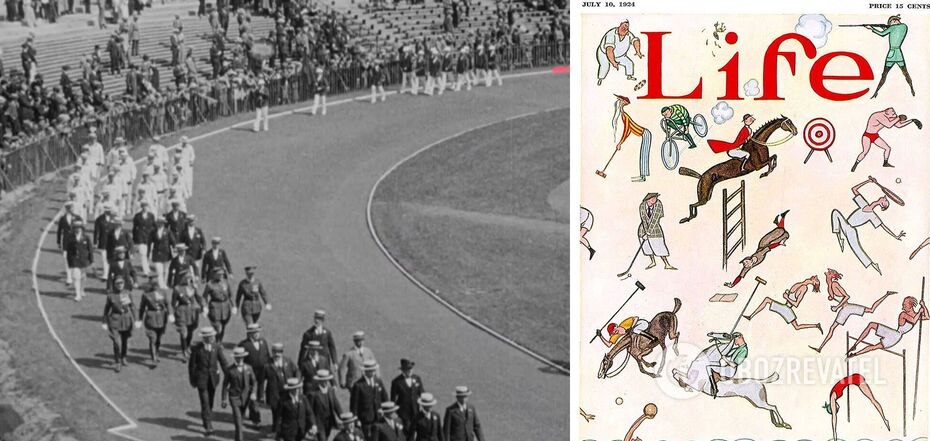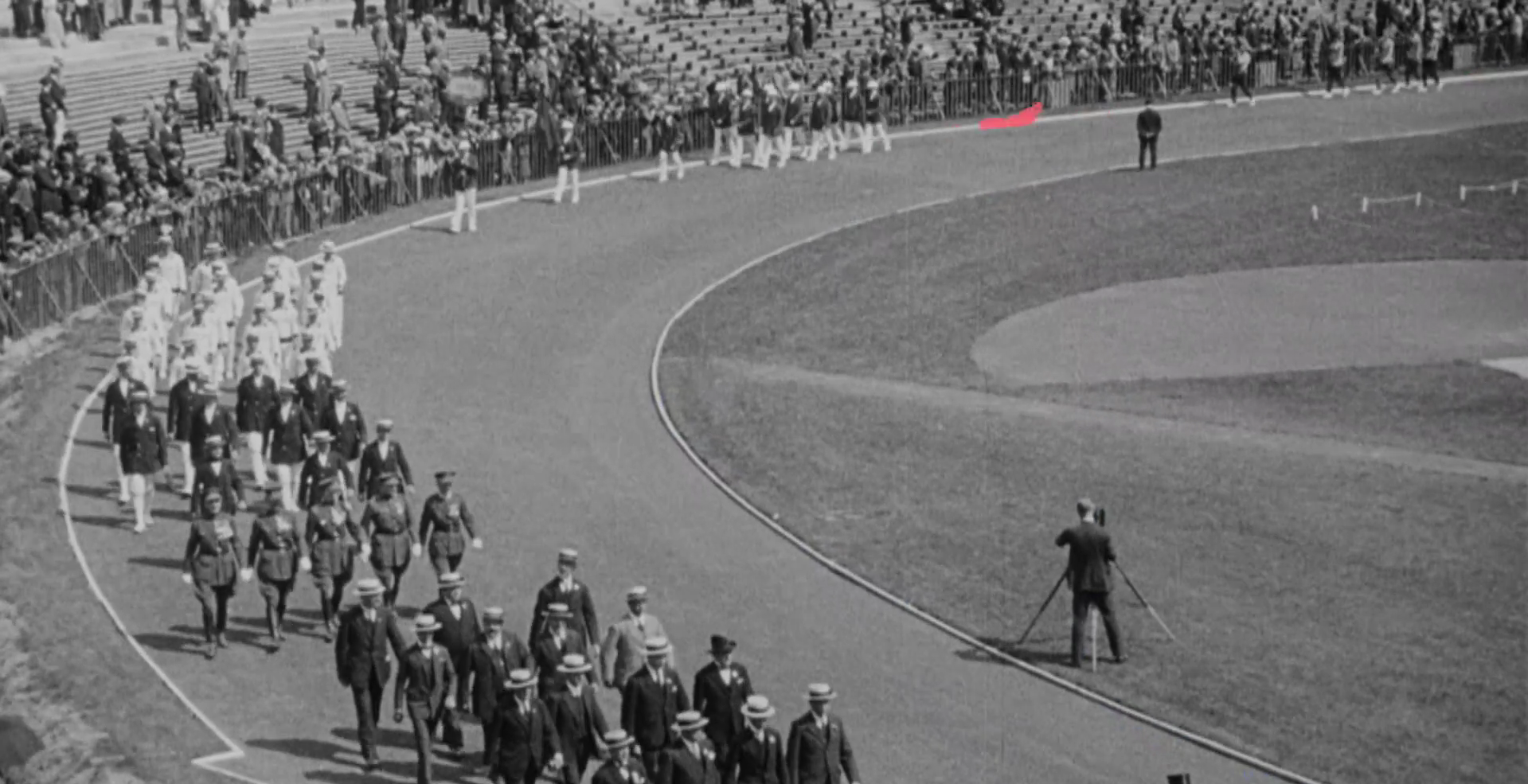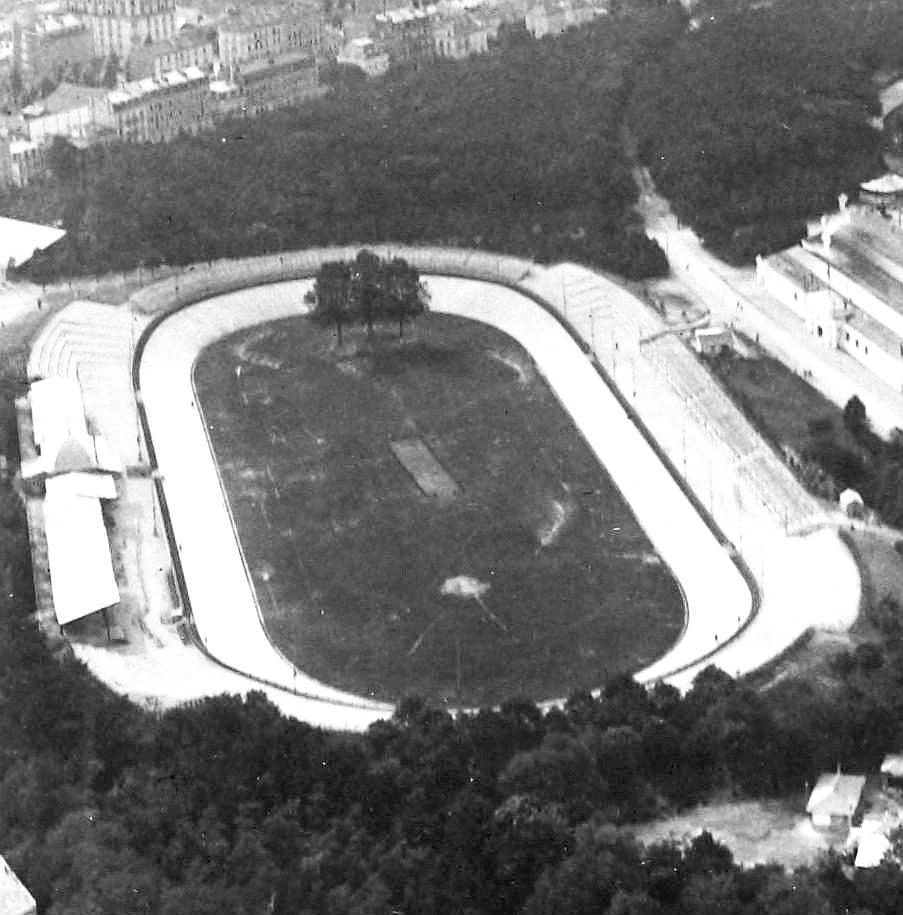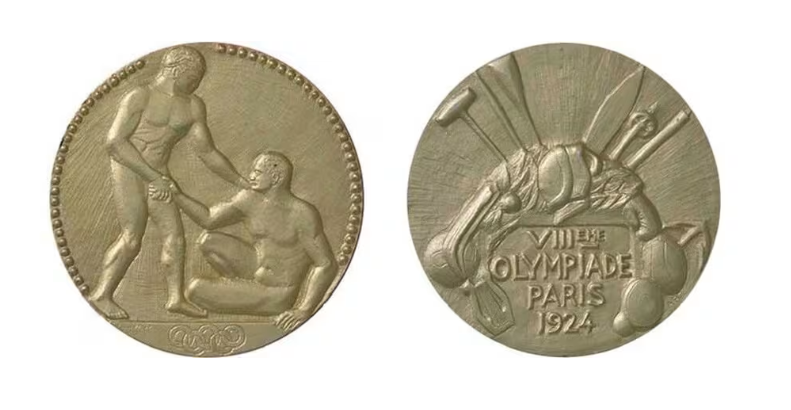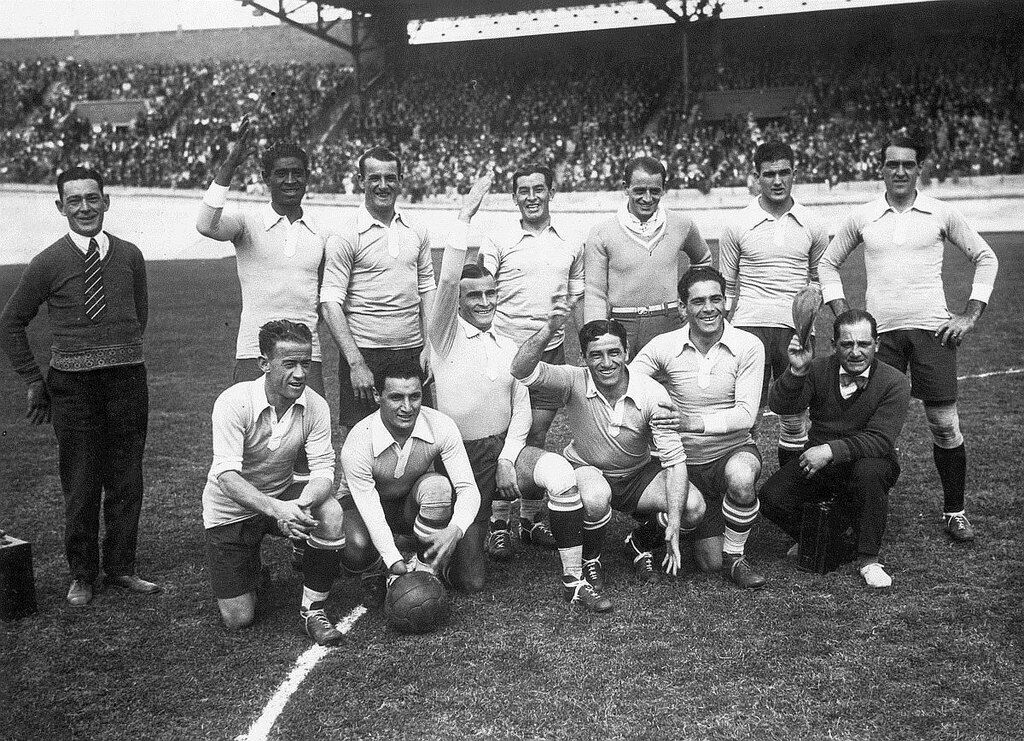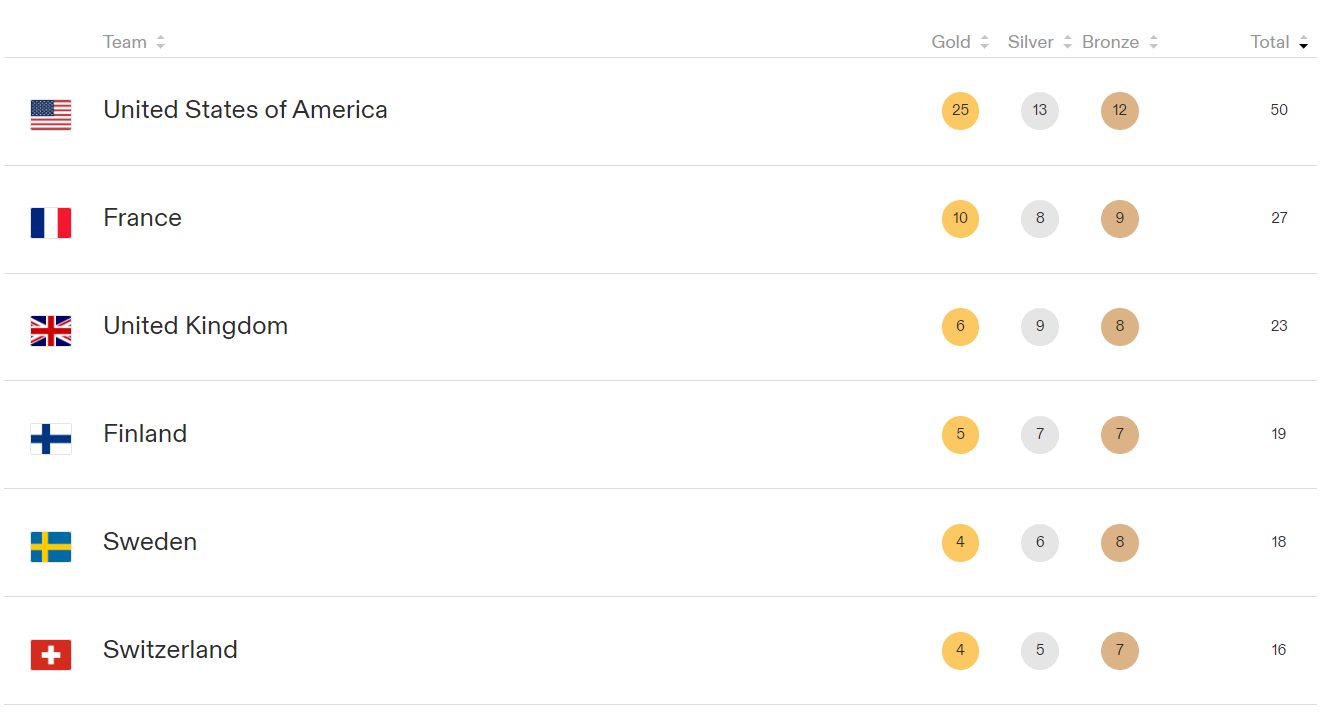Sport
20-2 victory: the best moments of the previous Paris Olympics held 100 years ago
The 33rd Summer Olympics will start in a month. It will be hosted by Paris, which will be the third time in its history that such competitions have been held. Did you know that the last time the French capital hosted the Games was back in 1924? OBOZ.UA has plunged back a hundred years and will tell you about the best moments of the last summer Olympics in Paris. Get ready, there will be a lot of "for the first time" in this text.
Fifty countries to restore peace
The 1924 Olympics was the first to gather as many as 44 teams, whereas before that, even three dozen participants could not be found. This was already significant because in the future, a consistently large number of teams would be announced only after World War II. The list included the staples of the sport: USA, Great Britain, Italy, Australia, Sweden, and Cuba. But the athletes from Ireland, the Philippines, Lithuania, Romania, Uruguay, Mexico, Poland, and Ecuador experienced the main sports forum for the first time in history. These competitions can be called very balanced in terms of organization, given that the world has just begun to recover from the First World War.
Why Paris? Out of respect for Coubertin, the initiator of the Olympics. On the 30th anniversary of the Olympic movement, it was decided to give the right to host the Games to his native country. Thus, for the first time in the recent history of the Olympic Games, Paris became the city that hosted the competition twice. Two dozen sports facilities were prepared for the competition, and many of them were located outside the capital. These are the communes of Bagatelle and Fontainebleau, the Berger athletic arena, the Tourelle swimming pool, the Stade de Paris, Parc des Princes, and the most famous velodrome in France, Jacques Anquetil.
No fire at all, but there were huts
Despite the thirty-year existence of the Games and the eighth summer competition, there was no fire at the 1924 Games! The traditional phenomenon, without which it is impossible to imagine the competition, was first shown not in Paris but in Amsterdam, the city of the next Summer Games in 1928. A special tower was even built for it.
But it was the first time that the idea came up to create a single place of residence for all athletes. There were more than three thousand of them at the 8th Games, so the issue of accommodation was very acute. Then they decided to build the first ever Olympic Village. No photos have survived, but it is known that it was made of wood and that at least some comfortable conditions for rest and training were provided.
Sensations came one after another
Like every Olympics, records were set a hundred years ago. And there were an obscene number of them. For example, as many as 14 in athletics, and eleven in swimming. By the way, there is the "first" here too because it was in 1924 that the standard for the length of swimming pools was introduced at 50 meters. Unexpectedly, France won in water polo, and the Swedes took the entire pentathlon podium for the third time in a row. Harold Osborne also lit his own star: a 204-centimeter jump made the American the best athlete of the 1920s.
It is worth mentioning the best athlete of those Games, the Finn Paavo Nurmi. For the second time in a row, the runner was recognized as the best athlete and won five gold medals. He is remembered as a breaker of Olympic records: first, he ran one and a half kilometers in 3 minutes and 53 seconds, and an hour later he ran a 5-kilometer race, where he set a new record of 14 and a half minutes. Even a hundred years later, Nurmi remains in third place among the best athletes of the Olympics of all time with 12 medals in the individual competition.
The real miracle happened in the soccer tournament. Uruguay came to the Olympics for the first time, and its soccer team had just been formed and joined FIFA. Imagine the surprise of the audience when this overseas team defeated the future Yugoslavia 7-0 in its debut game. This was not enough because they then took out the United States (3:0), France (5:1), beat the Netherlands 2:1, and had no problems against Switzerland in the final (3:0). This victory and gold medal remained the only one for the entire country at the Games. But that success paved the way for the best years of the Uruguayan generation: they would win the tournament of the next Olympics in 1928, take three South American Cup golds, and then the first FIFA World Cup.
For the first time, these records were made under the Olympic motto! The three-word phrase "Faster! Stronger! Higher!" was first uttered by French priest Henri Didon at the opening of a sports competition at his college. Pierre de Coubertin (already mentioned earlier) liked these words, but by 1924 the words were slightly rearranged, and the order was "Faster! Higher! Stronger!". The United States won the 1924 Olympics: they came in first place with a huge lead over the hosts, who barely slipped into the silver medal position before the British.
France as one of the host leaders
Finally, let's get back to the present. The 33rd Summer Olympics will start in a month. For the French, this is the third summer tournament, and there have been three winter tournaments: 1924, 1968, and 1992, but they have never won any of the home Games.
In general, France is one of the selected countries to host both the Summer and Winter Games. In terms of the number (there will be 6), they are second only to the United States (which has hosted 8 Olympics in different seasons). Next comes Japan - 4 times. Great Britain, Germany, Italy and Canada - three times each. Moreover, the British have so far only been entrusted with the Summer Games; all the others have a different number of seasonal tournaments.
This year, France is among the favorites for the Olympics. They will have to compete with China, the UK, and Australia. Although the US team is predicted to win (by a significant margin, just like 100 years ago).


